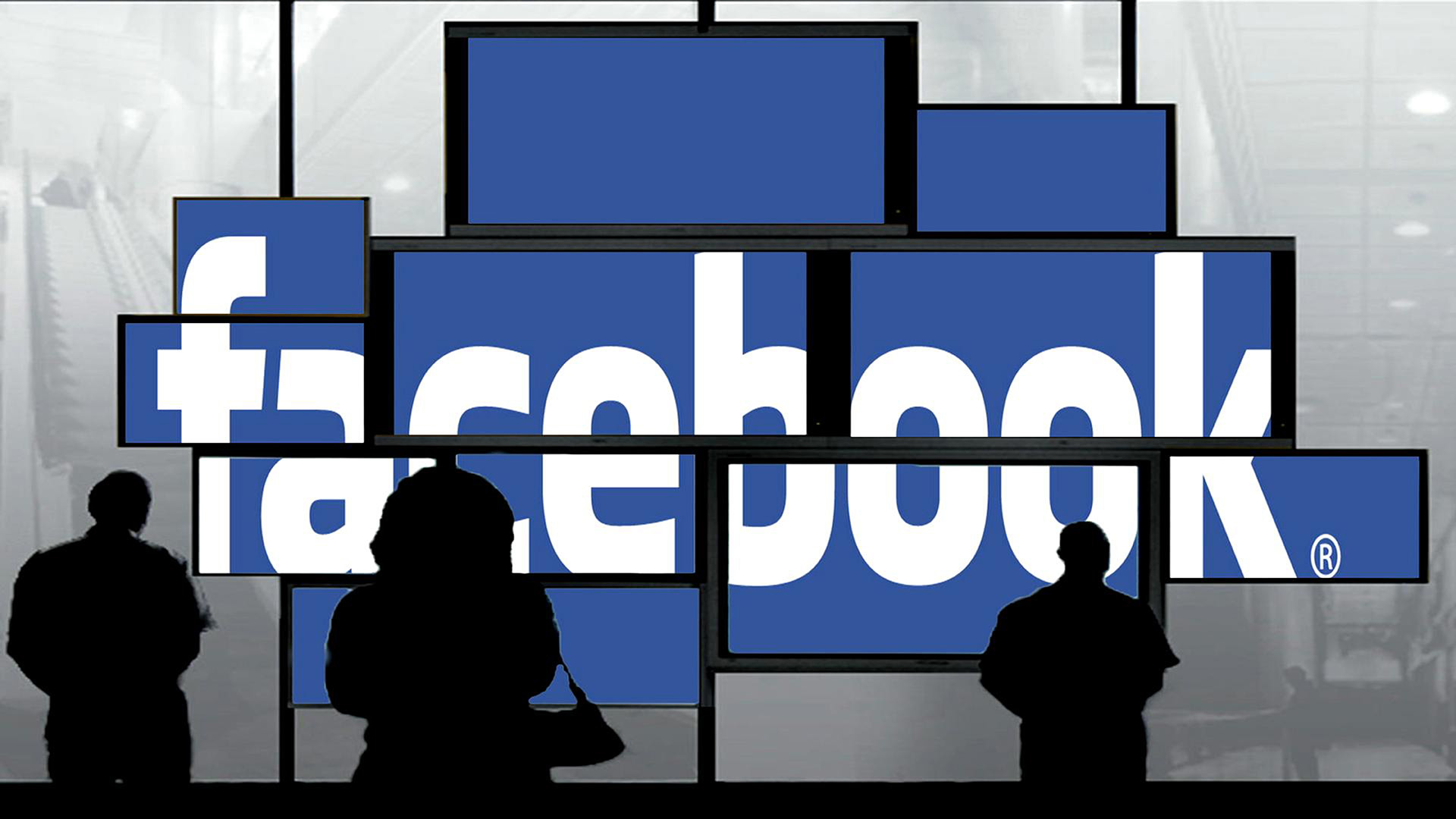Alice Kinsella
Staff Writer
When we go on Facebook, pick a “profiler” and put up a status, do we put up how we really feel, really look? Or do we put forward what we want others to see?
We use Facebook as a chance to convince ourselves and others that our lives are everything we want them to be. If what we portray is a fabricated life, then what part of what we do online is real? We have friends that we talk to online, but to what extent are those friendships real? If the majority of a friendship takes place online we are not seeing the real person and they are not seeing the real us. We are seeingonly the photos people want you to see. Only the fun aspects of their lives, only the person they want you to see.
Of course, it’s mainly people we know in real life that we speak to on Facebook, but using Facebook as the main means of interaction becomes an easy way to avoid face to face contact, doing away with the need to form real intimacies with our friends. After all, how much can you truly bond with someone when you can’t exchange expressions, tones, and eye contact?
The lives we see people living on Facebook are not showing the whole picture. Is this what we try to compare ourselves too? Facebook generates FOMO (fear of missing out, yes, it’s a thing now). No matter how much you’ve been out that week, guaranteed you’ll go home for a night off with jammies and a mug of tea and you’ll see everyone is ‘attending’ some major event. It always looks like everyone’s lives are better. When you look at your page it doesn’t look so bad either really, but that’s different! Your page isn’t showing the fight you’re having with your girlfriend, or what you looked like when you got out of bed this morning, it’s not showing that 2.2 you got that you really thought deserved a first.
So why don’t we think everyone else is hiding similar things? We just don’t. It’s too easy to assume everyone else has it sorted, that their lives really are that care free. That it’s us that are falling behind. I look at my own Facebook page while I write this, my profiler is taken at a flattering angle, surrounded by friends, my cover photo has enough ‘likes’ to sooth my need for social validation, and I’ve popped up the odd link to a socially approved musician with witty self-deprecating commentary.
“I went off Facebook for two months this summer. I discovered what I had been suspecting for a while. Facebook is addictive, and no, I could not quit any time I wanted to.”
Does this sum up my life? The profiler was taken on a night out when I spent far too much money and spent the night curled up feeling weepy at a friend’s flat. But did I choose to put that part on the internet? Of course not! Links, photos, likes. These things say little about the quality or happiness in a person’s life. Yet we spend hours every day casually scrolling, liking stuff of people we deem likable enough, and judging ourselves for not being suitably validated. Facebook takes up a large amount of my day, I am willing to admit. I like talking to people, I like having photos of myself and friends displayed so I can feel like I’m doing something with my life. Is this what’s best for me? Probably not.
I went off Facebook for two months this summer. I discovered what I had been suspecting for a while. Facebook is addictive, and no, I could not quit any time I wanted to. It was with much agitation and a finger twitching on empty space where my mouse used to be that I stayed off for that long. My brain at first felt light, distracted, like I was desperately missing something. But the longer I stayed off the better I felt. It was liberating, my self-esteem began to improve, I stopped worrying about whether or not I was talking to people enough or going out enough. I found more value in the face to face contact I was having with friends. I read more, spent more time with family, slept better. So why did I go back? Maybe Facebook is bad for me, but as long as everyone I know is having this virtual life without me I’ll be damned if I’m going to be left outside in the cold! It’s so easy to just log back in, to be greeted by those inviting red icons reminding me that people know I exist.
Is there really anything wrong with that? Chatting online and creating an idealised avatar isn’t doing anyone any harm really. Apart from ourselves that is. The hours drip away as we scroll down endlessly. We become addicted to the feeling we get from Facebook. The exhilaration of the notification ‘bing’ that tells you someone likes something you have to say. The facility to see how everyone else is doing in their lives; seeing if they’re doing better than you are; getting to look at our entire life on one little page and trying to see if we’re doing it right.
But Facebook isn’t our life. Not really. Every minute we’re online, trying to figure out what we’re doing with our lives, our actual, non-virtual lives go unnoticed. As if how we look online is more important than how we look and feel to ourselves. The ultimate question we must ask ourselves every time we log on is this: are we really wasting our lives on Facebook?






